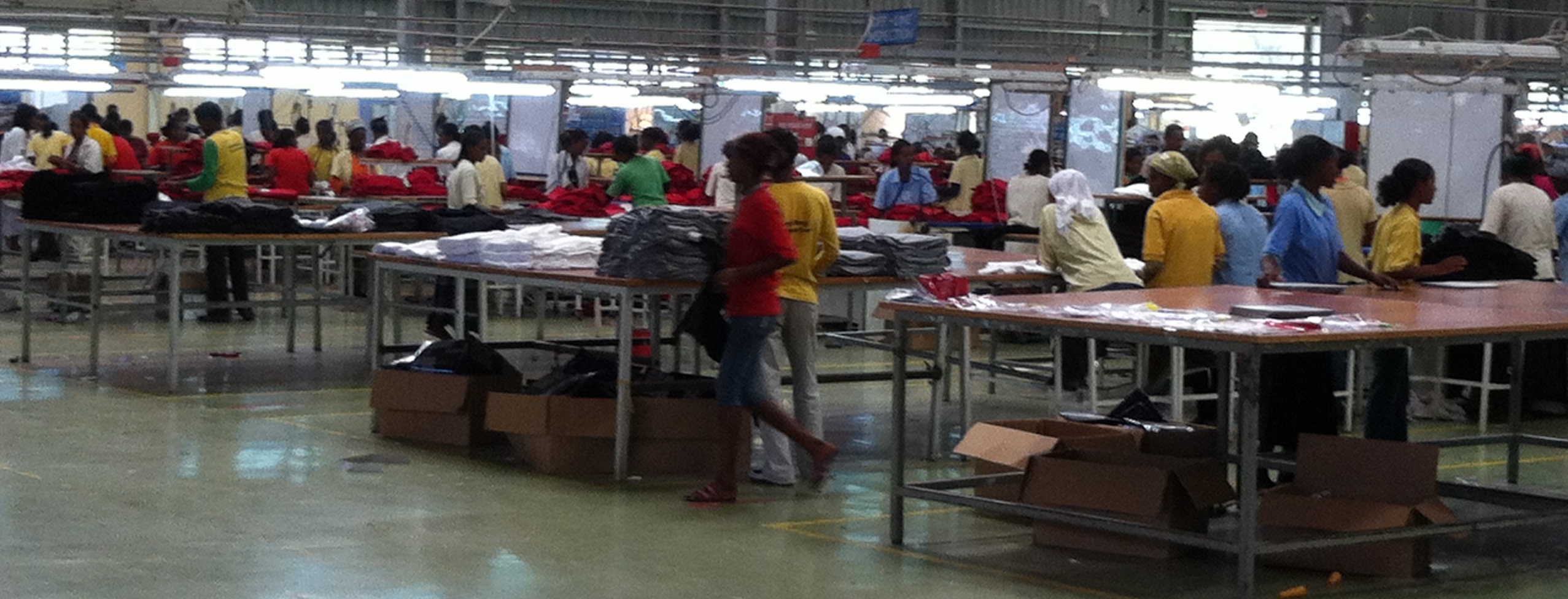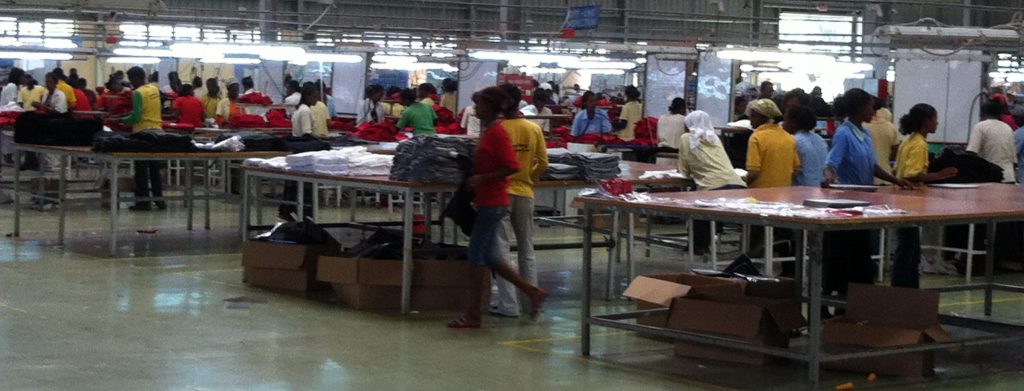Guest post by Jeff Mosenkis of Innovations for Poverty Action.
- Chris Blattman is on the EconTalk podcast talking about his work with Stefan Dercon on sweatshops in Ethiopia. As an economist who studies poverty, one of the interesting things he learned from hanging out in factories is what the owners say is really constraining them from growing. It isn’t lack of funding or infrastructure, it’s lack of middle management. What they really need to grow are people good at accounting, HR, mergers, and the like:
“they need all of these skills that we don’t usually think about as poverty or development economists. … They say, ‘I can only do so much. I have all this capital; I made all this money,’ in real estate or trading or mine money or ill-gotten gains or wherever they got this money. And they only have so much time. So they really need people who can organize. And they need people who can help them execute transactions, whether it’s buying a company or helping them build sales contacts and do things overseas.”
- In your office “Where Does Tyler Cowen Vacation?” betting pool if you picked “Lagos, Nigeria, by himself, to look at electric generators” you won. He says “GDP tourism” can be a useful tool for learning how an economy works.
- A profile of Princeton economist Leonard Wantchekon, a former activist from Benin, he hopes to train the next generation of African economists. (h/t Rohit)
- India’s ban on large currency notes has had complicated effects on sex trafficking. Esther Duflo says we may never know the overall economic effects since the government doesn’t collect great data on the informal economy, which it was designed to curb.
- Another example of the informal economy – underground adoption markets. Baby brokers try to intercept unwed mothers before they give the baby up for formal adoption, resulting in 1,700 babies up for formal adoption in the world’s second-most populous country.
- Most of my links end up coming from a few sources. Here are some of my favorite tweeters:
And a big thanks to Cara Vu for editing help.
- Nathan Yau’s best visualizations of 2016 include this one:



One Response
A profile of Princeton economist Leonard Wantchekon, a former activist from Benin, he hopes to train the next generation of African economists. (h/t Rohit)
golu dolls
golu dolls